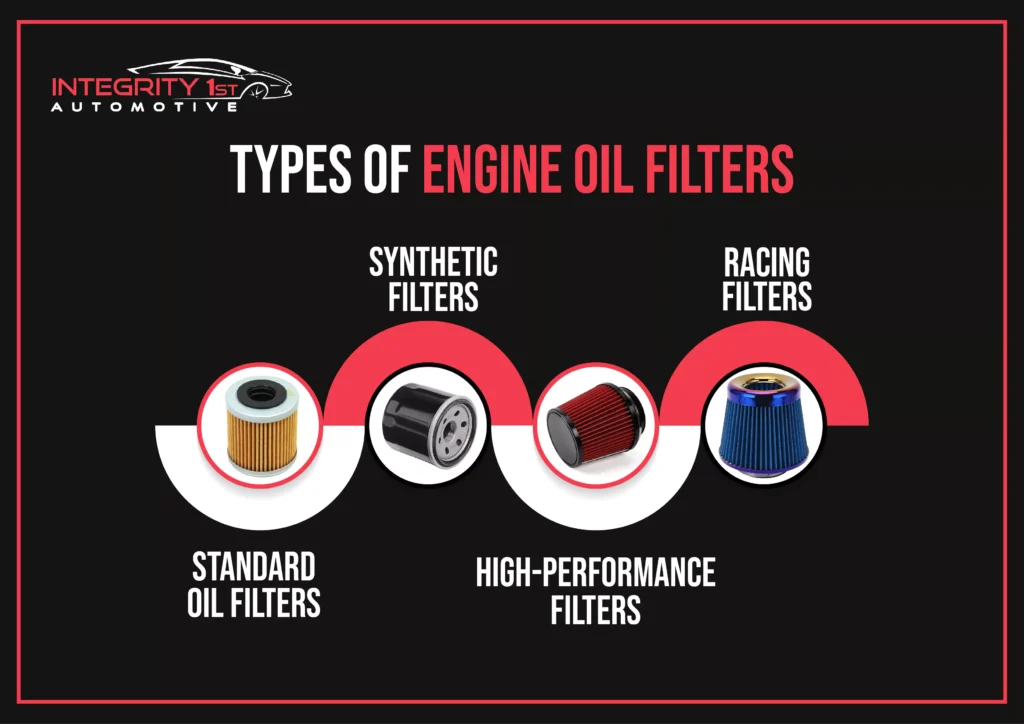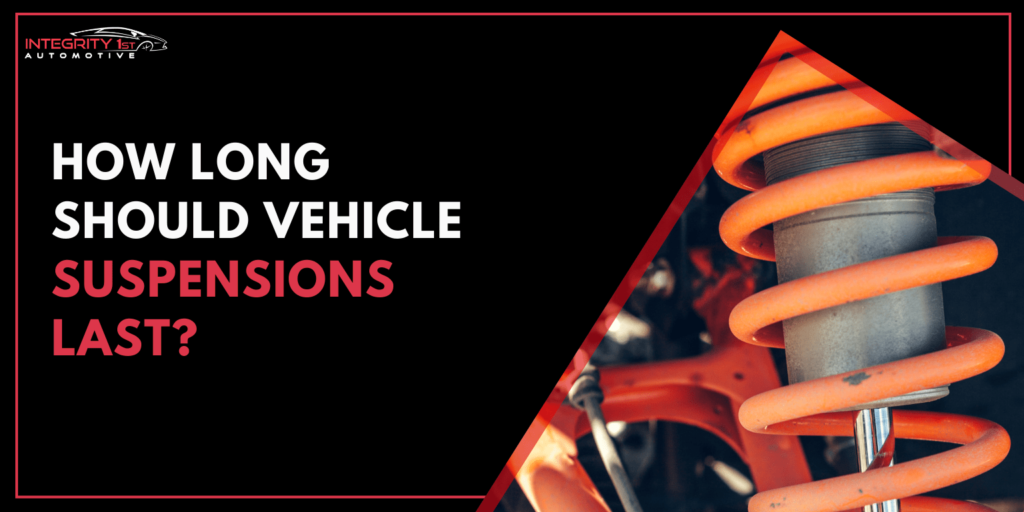Ever changed your engine oil and wondered, “Wait, where does the dirty stuff go?”
You’re not alone!
Changing your oil might seem like a straightforward process (just screw on a new filter!), but have you ever stopped to think about the magic happening inside that metal can?
Those shavings and bits of debris from your engine have to go somewhere, right?
This is exactly why we have oil filters!
In this article, we’ll discuss how do oil filters work and the importance of clean motor oil for your vehicle.
Stay with us!
The Importance of Clean Motor Oil
Engine oil is the lifeblood of your engine, ensuring optimal performance, better fuel efficiency, and much more.
Here’s how clean motor oil affects your engine:
- It lubricates the moving parts of your engine. As a result, it reduces the risk of friction and wear, minimizing heat generation and preventing premature engine failure.
- Clean oil prevents overheating and potential damage to your engine components.
- It effectively removes contaminants and debris from the engine
- A clean, fresh oil is a barrier between metal surfaces and prevents direct contact while reducing wear and tear.
- Clean oil reduces engine friction which ultimately leads to better fuel efficiency.
But have you ever thought, “What happens if you don’t change engine oil?”
Dirty, contaminated oil can be the cause of friction between engine parts which leads to excessive wear and tear, ultimately leading to reduced engine performance. Also, it may accelerate engine wear resulting in costly repairs and replacements.
But most of all, dirty oil contains contaminants that damage the catalytic converter which leads to reduced emissions control and increased fuel consumption, affecting your engine in the long run.
Main Parts of an Oil Filter
Some important components of an oil filter that remove contaminants from your engine oil are as follows:
- The outer housing casing, made of metal or plastic, encloses the filter elements and provides support.
- Filter element, made of paper, cellulose, or synthetic fibers, which traps contaminants from the engine oil.
- The inlet port is where the dirty oil enters the filter. You can usually find it on the side of the casing.
- The outlet port allows the filtered oil to leave the filter. You can find it on the opposite side of the inlet port.
- Gasket to seal the filter to the engine block. It’s responsible for preventing oil leaks
Are All Oil Filters The Same – Types of Engine Oil Filters
While it’s a common misconception that all oil filters are the same, the truth is that they can vary significantly in design, materials, and performance.
Some people may have had positive experiences with one brand, while others have encountered issues with another. However, it’s important to remember that individual experiences can be influenced by various factors, such as vehicle type, driving conditions, and maintenance habits.

Standard Oil Filters
Standard oil filters are the most common and budget-friendly type that are used in a wide range of vehicles. Generally, they are made of paper or cellulose to provide excellent filtration against many contaminants.
Synthetic Filters
As the name suggests, they are made with synthetic materials to provide improved filtration and durability. They also have a longer service life between oil changes. However, they may be more expensive than standard filters.
High-Performance Filters
Made for vehicles that carry heavy loads, and experience extreme temperatures for enhanced filtration and durability. They have a higher proof point than standard and synthetic filters due to their demand and specialized design.
Racing Filters
Racing filters are specifically designed for racing applications and extreme conditions. They are made with premium materials with advanced manufacturing techniques for high flow rates and maximum filtration.
When Should You Have Your Oil Filter Changed?
If you don’t change your oil filter regularly, it will become clogged with contaminants and can have serious consequences for your engine’s overall health. Therefore, it’s important to replace engine oil filters at the recommended intervals as per your owner’s user’s manual.
Some common signs of a failing oil filter include:
- Sluggish acceleration, reduced power, and decreased fuel efficiency
- A knocking or rattling noise from the engine
- The beeping of an oil pressure warning light
- Engine overheating due to a clogged oil filter
- Oil leaking from the gasket or oil filter
When to Change Oil Filter?
Professional mechanics and technicians recommend changing the oil filter after every oil change. However, the oil filter replacement depends on many factors, including:
- Mileage: Many manufacturers recommend changing the filter after every 3,000 to 5,000 miles
- Driving conditions: If you drive in harsh conditions, you should change your oil filter more frequently
- Oil type: Synthetic oil filters last longer than conventional oil filters and can be used for longer intervals.
How To Choose an Oil Filter
You’re not alone in wondering how to choose vehicle oil filters. While it’s convenient to simply head to a parts store and let the experts do the heavy lifting, there’s also the allure of saving a few bucks at the big-box retailers.
So, how can you confidently select an oil filter that’s compatible with your car? Here’s a simple breakdown:
- Before you even step foot into any store, consider your vehicle’s make, model, year, and engine size to narrow down your options.
- Consult your manufacturer’s recommendations for the oil filter type, size, and replacement intervals.
- If you have a larger engine, you may require filters with higher flow rates and filtration capacities.
- Check the recommended oil type and viscosity. Different oil types have different filtration requirements.
- Take into account the driving style and choose a reputable oil filter brand with premium filter media to fit the filtration capabilities.
- Lastly, check out the thread size and gasket type to match your vehicle’s specifications.
How Much Is An Oil Filter?
The average cost of an oil filter depends on many things, including brand, type, vehicle, and retailer. However, they can start anywhere from $5 to $20, depending on the type of oil filter.
Get Quality Oil Filters At Integrity 1st Automotive.
To get the best deals on oil filters, here are a few things you should do:
- Compare prices; both online and in-store to find the best oil filters at affordable rates
- Shop during sales and promotions to save more money
However, for a reliable service provider for your engine oil filter replacement, try Integrity 1st Automotive which provides top-notch auto repair services and ensures your vehicle’s optimal performance.
Our expert technicians have years of experience working with several vehicle makes and models and addressing issues related to oil changes or oil filters.
We also provide professional oil filter replacement services with the industry’s top-leading oil filters to fit your specific vehicle’s needs.
Contact us now to get oil filter replacement services and keep your engine running smoothly and efficiently.
Conclusion
Now you know how does oil filter works and how to choose the right oil filter for your vehicle. It’s time to take everything into account and follow the guidelines to select the best service provider for your oil filters.
At Integrity 1st Automotive, you will find the industry’s leading oil filters along with installation services that reek professionalism.
We are a team of expert technicians who are committed to providing excellence for many years and ensuring your 100% satisfaction.
Contact us today to schedule your next oil filter replacement or oil change.
FAQs
What Happens If I Don’t Change My Oil Filter?
Your engine will get contaminated and clogged with debris, restricting oil flow. As a result, it may lead to increased engine wear, reduced performance, and engine failure.
How Often Should I Replace My Vehicle’s Oil Filter?
It depends on many factors, including your vehicle’s make and model, driving conditions, and oil type. However, you should consult your owner’s manual for specific guidelines. Typically, you should replace your vehicle’s oil filter every 3,000 to 5,000 miles or after every oil change.
Are There Any Diy Methods For Cleaning A Clogged Oil Filter?
We don’t recommend any DIY methods to clean a clogged filter. It’s best to replace the filter with a new one to ensure optimal performance and protection.
Can Using A Low-Quality Oil Filter Harm My Engine?
Yes, the quality of your engine oil filter affects the engine performance. Therefore, you should aim to use high-quality oil filters to ensure better performance and engine health.
Will A Small Filter Hold Enough Contaminants?
Yes. However, it may lead to quicker clogging and reduced engine protection.
Will A Smaller Filter Flow Less Oil?
Yes, a smaller filter may restrict oil flow, reducing the performance of your engine and increasing wear.



